Emergency Information
Emergency Police, Fire or Medical Assistance
Please dial 911
Florida Division of Emergency Management:
800-354-3571
Broward County Emergency Management
Please dial 311 or 954-831-4000
First Call for Help Crisis Counseling Line
Please dial 211
American Red Cross
954-797-3800
Special Medical Needs Shelter Registration & Transportation:
954-831-3902
National Organization on Disabilities
202-293-5960
Center for Independent Living of Broward County
954-722-6400
Homeless services
954-563-4357
Elder Helpline
